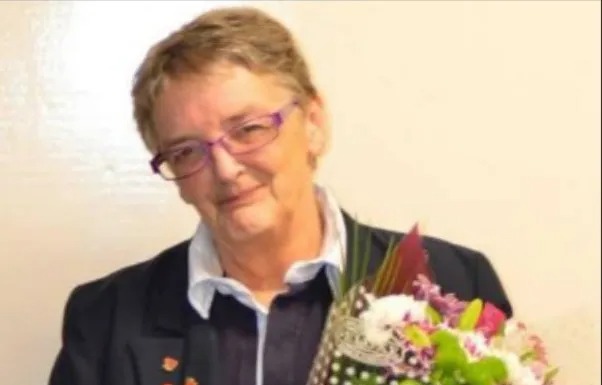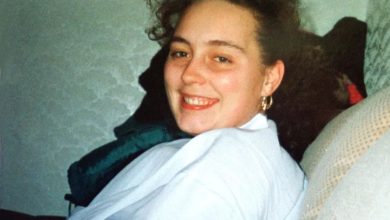Woman, 76, dies after 2 hours of laying in agony on freezing floor of GP’s car park waiting for an ambulance

The tragic story of Josephine Ellis, a 76-year-old woman who lost her life after a devastating fall in a GP car park, has left a family and community in shock and grief. Josephine, a retired soldering technician and dedicated fundraiser for veterans’ organizations, had attended a hearing appointment at the Hoveton and Wroxham Medical Centre near Norwich, Norfolk, on a chilly October day. As she walked to her car, she suddenly lost her balance and fell to the cold, hard ground, injuring herself severely. Despite her daughter’s frantic calls for help, Josephine was left lying on the freezing floor for over two hours, waiting for an ambulance to arrive. The inquest into her death has raised serious concerns about the care she received, and the coroner has adjourned the hearing to further investigate the case.
As Josephine lay on the car park floor, she was in excruciating pain, and her daughter, a healthcare assistant, was unable to move her. The daughter had dialed 999 at around 2:20 pm, but the ambulance took over two hours to arrive. During this time, no blankets or other forms of warmth were provided to comfort Josephine, despite the cold weather. The doctor on duty attempted to lift her, but without adequate support, causing her additional pain and distress. Some staff members did try to reassure Josephine, offering their coats to keep her warm, but it was too little, too late. The fact that Josephine was left to suffer for so long, just meters away from a GP surgery, has raised serious questions about the level of care she received.
The inquest has revealed that the East of England Ambulance Service Trust had categorized Josephine’s 999 call as a category 3 (CAT 3) call, which has a response time of two hours. This categorization is typically used for people who have fallen, but not for those who are unconscious, experiencing chest pain, or showing stroke symptoms. However, when the ambulance service clinician made an additional call, the categorization was upgraded to category 2 (CAT 2), which requires an emergency crew response within 40 minutes. Despite this upgrade, the ambulance still took over two hours to arrive, and Josephine’s condition continued to deteriorate. The trust has admitted that they failed to re-triage Josephine’s call when her condition worsened, which could have potentially changed the response time.
The East of England Ambulance Service Trust has apologized for their mistakes and acknowledged that they were under significant pressure at the time, with a high volume of 999 calls and challenges releasing ambulances from hospitals. While this may offer some explanation for the delays, it provides little comfort to Josephine’s family, who are still grappling with the loss of their loved one. The trust has since implemented changes, including recruiting additional staff and introducing care coordination hubs, but for Josephine’s family, these changes come too late. The inquest will be reopened to hear evidence related to Josephine’s treatment while she was in the hospital, where she underwent surgery for her broken hip but never fully recovered.
Josephine’s story is a tragic reminder of the importance of timely and adequate medical care, particularly for vulnerable elderly patients. Her family’s concerns about her care have sparked a wider debate about the pressures on the NHS and the ambulance service, and the need for greater support and resources to ensure that patients receive the care they need. As the inquest continues, it is hoped that lessons will be learned, and changes will be made to prevent similar tragedies from occurring in the future. For now, Josephine’s family and loved ones can only mourn the loss of a remarkable woman, who dedicated her life to helping others and was tragically failed by the system when she needed it most.
The story of Josephine Ellis serves as a poignant reminder of the human cost of delays and mistakes in medical care. It highlights the need for greater empathy, compassion, and understanding in the way we care for our most vulnerable patients. As we reflect on Josephine’s tragic story, we are reminded of the importance of treating patients with dignity and respect, and of providing them with the care and support they need in their most vulnerable moments. The legacy of Josephine Ellis will live on, and her story will continue to inspire changes in the way we care for our elderly and vulnerable patients, ensuring that they receive the dignity and compassion they deserve.








